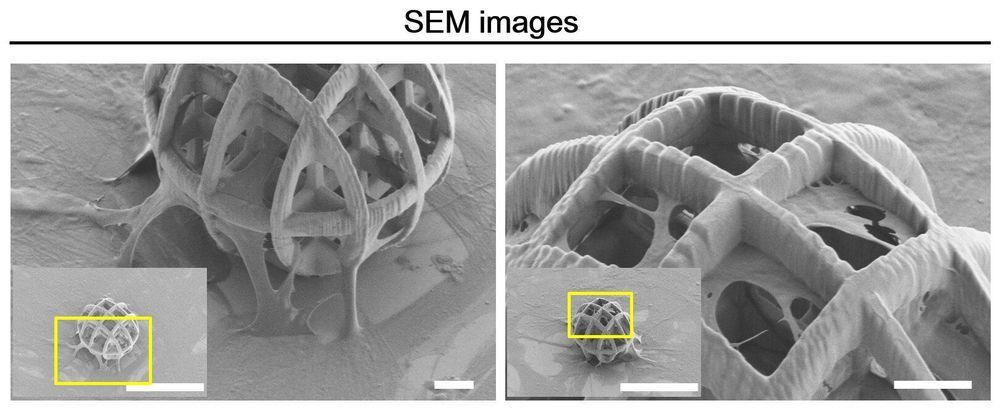Explore Android’s ongoing evolution with this visual timeline of versions, starting B.C. (before Cupcake) and going all the way to 2019’s Android Q betas.
Category: robotics/AI – Page 2,369

US Military Testing Whether Human Pilots Can Trust Robot Wingmen in a Dogfight
DARPA’s Air Combat Evolution program aims to find out — and so shape America’s future arsenal.
A U.S. military research program is advancing the study of humans and machines working together by testing how well pilots and artificially intelligent entities trust each other in one of the most challenging of tasks: aerial combat, or dogfighting.
The idea behind DARPAs Air Combat Evolution, or ACE, program, is that human fighter pilots will soon be flying alongside increasingly capable drones — dubbed “Loyal Wingmen” — that will help evade other fighters and air defenses. Military leaders often describe the F-35 Joint Strike Fighter as a kind of flying command center, with the human operator working less like a traditional pilot and more like a team captain. The craft is loaded with AI features that pilots say make it easier to fly than traditional fighters. That enables the pilot to digest and put to use the immense amount of data the F-35 pulls in.

DeepMind Can Now Beat Us at Multiplayer Games, Too
As impressive as such technology has been among gamers, many artificial-intelligence experts question whether it will ultimately translate to solving real-world problems. DeepMind’s agents are not really collaborating, said Mark Riedl, a professor at Georgia Tech College of Computing who specializes in artificial intelligence. They are merely responding to what is happening in the game, rather than trading messages with one another, as human players do. (Even mere ants can collaborate by trading chemical signals.)
Chess and Go were child’s play. Now A.I. is winning at capture the flag. Will such skills translate to the real world?

Researchers use magnetically actuated microrobots to deliver stem cells to tissue targets
A team of researchers affiliated with several institutions in South Korea and one in Switzerland has demonstrated that it is possible to use magnetically actuated microrobots to deliver stem cells to targeted tissue. In their paper published in the journal Science Robotics, the group describes creating the tiny bots and how well they worked when tested.
MIT 6.S099: Artificial General Intelligence class takes an engineering approach to exploring possible research paths toward building human-level intelligence
. The lectures introduce our current understanding of computational intelligence and ways in which strong AI could possibly be achieved, with insights from deep learning, reinforcement learning, computational neuroscience, robotics, cognitive modeling, psychology, and more.
Ray Kurzweil is one of the world’s leading inventors, thinkers, and futurists, with a thirty-year track record of accurate predictions. Called “the restless genius” by The Wall Street Journaland “the ultimate thinking machine” by Forbes magazine, Kurzweil was selected as one of the top entrepreneurs by Inc. magazine, which described him as the “rightful heir to Thomas Edison.” PBS selected him as one of the “sixteen revolutionaries who made America.”
Alex Garland continues to cultivate his reputation as one of the most exciting and challenging voices in modern science fiction cinema
.
Annihilation is an upcoming science fantasy action horror film written for the screen and directed by Alex Garland based on the novel of the same name by Jeff VanderMeer. The film stars Natalie Portman, Jennifer Jason Leigh, Gina Rodriguez, Tessa Thompson, Tuva Novotny, and Oscar Isaac.
Having previously written screenplays for cult classics like 28 Days Later and Dredd, Garland’s Ex Machina is arguably the definitive film about artificial intelligence (and killer robots) of the 21st century. And that was only his directorial debut.
Artificial Intelligence: Possibilities, Consequences & Scenarios
Yuval’s works on the future of the digital world cause the globe to take notice and discuss. At OMR (Online Marketing Rockstars), Yuval Noah Harari primarily talked about the developments and consequences of artificial intelligence. After his keynote, German journalist and entrepreneur Kai Diekmann conducted an interview on-stage.